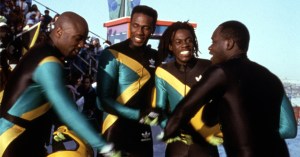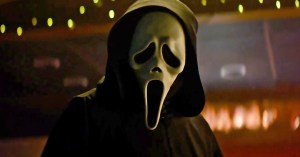Good Girls Revolt Tackles Timely Issues of Sexuality and Sexism
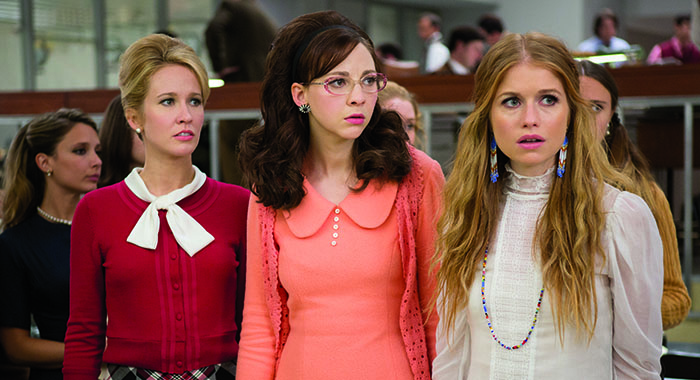
The allegations against Republican presidential nominee Donald Trump and ex–Fox News Chairman and CEO Roger Ailes have shined a glaring spotlight on sexual harassment issues this year. The cast and crew of Good Girls Revolt know such stories too well, having brought such tales to vivid, streamable life in this new Amazon series.
The only difference? The scenarios portrayed in the show happened nearly 50 years ago.
Premiering October 28 with 10 episodes, Good Girls Revolt follows the fictionalized true story of female researchers at Newsweek (changed to “News of the Week” in the show) in the late 1960s who sued their bosses for the opportunity to be writers and reporters — all of whom were men at the time.
Showrunner Dana Calvo (Narcos) told Rotten Tomatoes that they shot one scene involving a sexual assault that the male executives on the production “just didn’t believe it happened, yet everyone [the women] in the room said it did.” Calvo said the network gave some pushback, but the scene did go forward and is in the show.
“The irony is that if we had tried to write a character half as grotesque as him [Trump] we would have been told he was two-dimensional and not believable,” she said.
Much of the series strikes a chord with current political and social issues, beyond the harassment cases to working moms and the language we use to talk about women in the workplace.
“It’s both exciting to think we’ve come so far and horrifying to think something that started 50 years ago is still something we’re fighting for,” said Chris Diamantopoulos (Episodes), who plays Finn Woodhouse, the North American editor of the magazine. “Or maybe it’s inspiring that we’re still fighting. There were women who were willing to put themselves on the line.”
Calvo agreed: “Is Donald Trump the first idiot to talk about grabbing someone’s pussy? No, he’s gross, but it’s a caricature. It’s Jabba the Hut. Unfortunately, he won’t be the last, but now we have the language to talk about … sexual assault. In 1969, it was OK for an editor to walk up behind a researcher, to rub her ass and compliment her on how she smells.”
The cast was hesitant to call their characters “feminists,” but agree that these women were trailblazers in their time.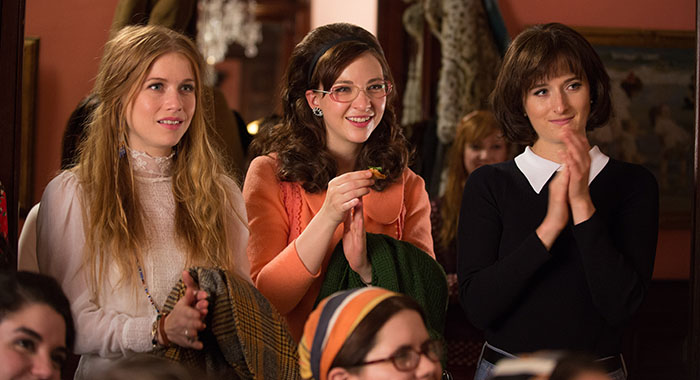
“All of these women just wanted to write, they weren’t trying to change the world,” Genevieve Angelson (Backstrom), who plays free-spirited Patti. “They just wanted to be hired as writers at News of the Week. But that’s what feminism is: It’s about having opportunity.”
Angelson added that she had to remind herself how Patti would act given the era.
“I grew up being a kid who was already obsessed with the ’60s. I kind of wanted to be Penny Lane in Almost Famous,” she said. “For me it was just kind of a question of how would I hold my body in 1969 and not in 2016, when I’m bent over an iPhone.”
Pitch Perfect alum Anna Camp plays the prim, well-bred Jane — not too far a cry from her previous roles in the a capella hit and as anti-vampire crusader Sarah Newlin on HBO’s True Blood — and someone who Camp said would never use the word “feminist.”
“I play these similar types of women, but there was much more opportunity to be vulnerable and real with Jane. [The writers] gave her places to go that were honest and true,” Camp said.
Lynn Povich — a journalist who was among the women suing Newsweek back in the ’60s and wrote the book the show is based on — does call the women feminists, Calvo explained.
“These women had no grand plan,” Calvo said. “They just wanted to be treated fairly — a humble, exquisitely reasonable request.”
While there is still work to do on equality in the workplace, one area that sticks out in the Mad Men–era show is how far society has come in being more open and accepting of sexuality and women’s ownership of their bodies. Erin Darke, who most recently starred in Mike Birbiglia’s Don’t Think Twice, plays Cindy, who has perhaps the most dated role of the group in struggling with being comfortable with her sexuality in the first several episodes.
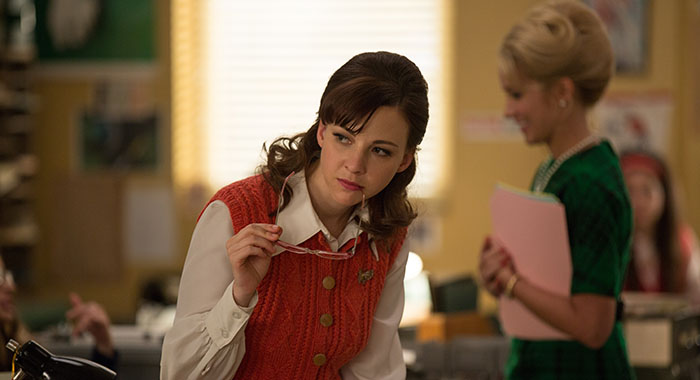
“Nobody uses a diaphragm any more. [Cindy’s] come the farthest. As women now, we are growing up and finding what we want, what we believe. Working on the show for me taught me to have such an appreciation for what came before us and put the fire in me to keep fighting for me,” Darke said, adding lightly, “But I’m not married to someone who calls having sex ‘watching Ed Sullivan.’”
The researchers are joined in the show by historical characters whose real-life identities are represented as well, seamlessly blending a fictionalized version of real events with reality. Eleanor Holmes Norton, for example, is portrayed by Joy Bryant, and Calvo said the congresswoman was more than cooperative with her likeness being in the show (after the production’s legal department initially told Calvo “no”).
“I just called her up and was like, ‘How do we do this?’ She was like, ‘I am a black American. I would never censor you. That First Amendment gave us everything. Tell your lawyers that,’” Calvo related.
The writer and director Nora Ephron, who was part of the research pool in real life, is played in three episodes by Grace Gummer (Mr. Robot).
Diamantopoulos gushed over his female costars and acknowledged that, despite being an evolved man and an ardent feminist, he still had more to learn.
“It made me aware of the fact that everything that we say and do in a work environment needs to stay work related and neutral, and in the entertainment business, there’s a very opaque line of what [that is] — there are very blurred lines about what’s appropriate and what’s not,” he said.
Good Girls Revolt premieres on Amazon Prime on October 28



